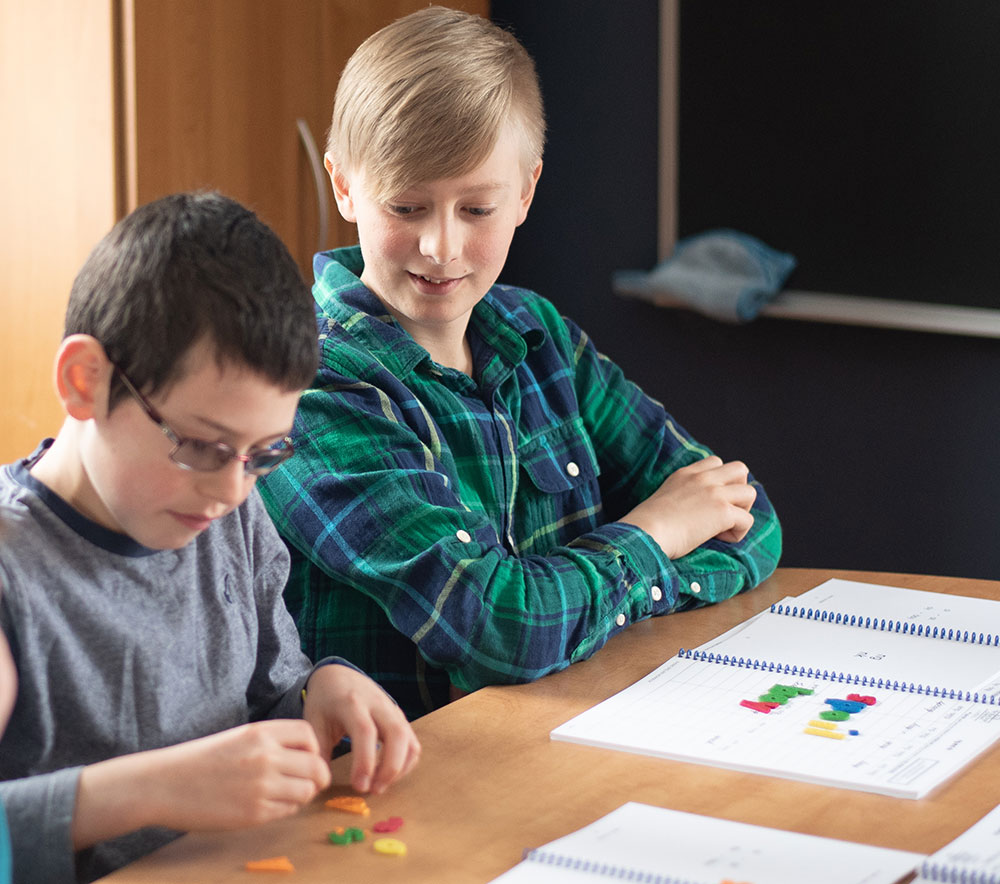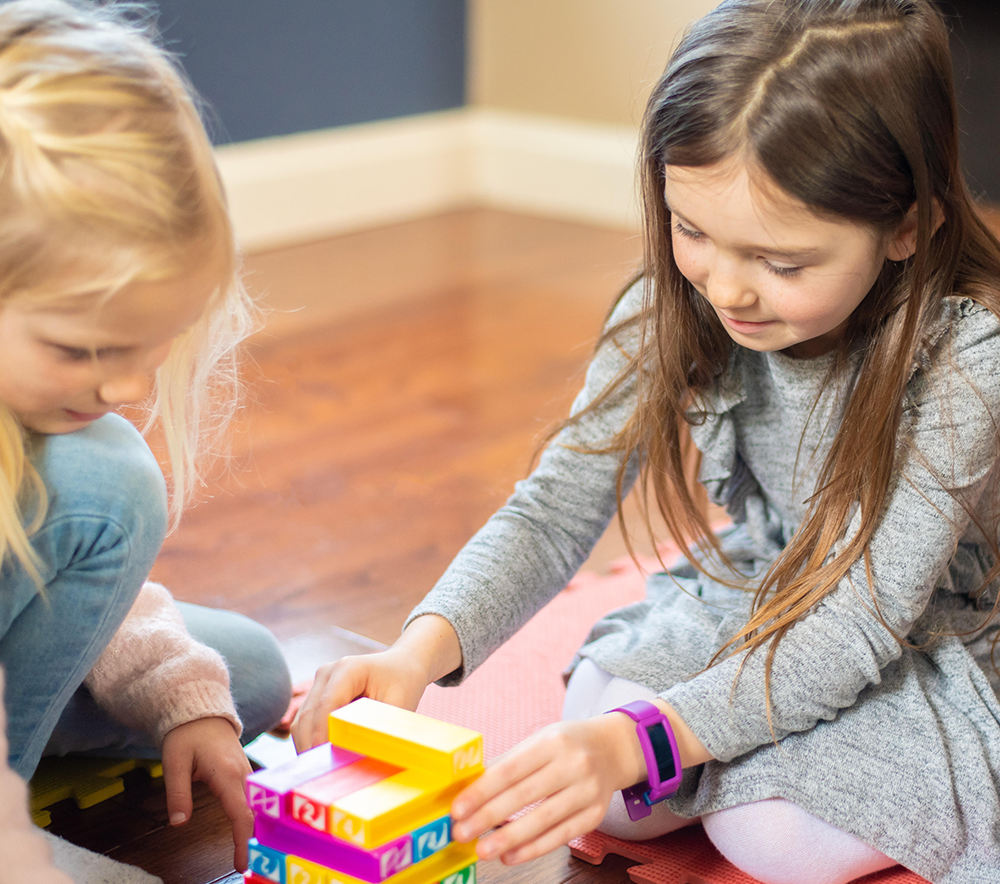Learning Disabilities
What is a Learning Disability?
A learning disability is an area of weakness or inefficiency in brain function that significantly hinders our ability to learn. It is a pattern of neurological dysfunction in the brain that causes a person to have difficulty correctly receiving information (perception), correctly processing information (cognition/thinking), or satisfactorily responding to information (written and verbal expression, visual-motor coordination, memory, etc.).

People with learning disabilities have average to superior intelligence. Many are gifted in math, science, fine arts, journalism, and other creative fields. A list of such people would include Thomas Edison, Albert Einstein, Leonardo da Vinci, Winston Churchill, and many others who have changed the course of our world.
However, their tremendous strengths are offset by noticeable weaknesses – an inability to read or write, memory problems, and difficulty understanding what is heard or seen. These difficulties stem, not from a physical problem with the eyes or ears, but rather from the basic neurological functioning of the brain.
Every human brain is created with a unique pattern of strengths and weaknesses. We each have certain subjects that make sense to us easily as well as areas of difficulty that require outside explanation and extra effort to understand.

How Is a Learning Disability Diagnosed?
A psycho-educational battery of formal and informal tests is used to determine patterns of strength and weakness as compared to intellectual ability. This battery of tests are administered by a registered psychologist. These testing results not only help identify learning disabilities, but NILD Educational Therapists use testing data to determine the individual educational therapy plan for each child.
How Does a Learning Disability Affect Life?
A learning disability involves the foundational perceptual and thinking skills that allow us to operate in life. Thus, just as a sore or injured muscle will cause difficulty wherever that muscle is required for physical movement, so a learning disability will affect a person’s life wherever that skill is required.

Students with learning disabilities experience an imbalance in their own ability levels. They are very good at some things, very poor at others, and feel the tension between what they can and cannot do. Frustration is a hallmark of a student with learning disabilities. Typically, such students will either be failing in one or more academic areas or be expending excessive amounts of energy to succeed. Also, their abilities are highly inconsistent; able to do a task one day and unable the next.
For example, a person who has difficulty keeping things in a sequence may have trouble keeping in order words and letters in reading, spelling, and writing; keeping numbers in order in math; keeping track of a class schedule; completing long-range assignments, such as a term paper; and following directions. A memory deficit can cause problems with taking notes in class; remembering homework assignments, spelling or vocabulary; recalling information studied for tests; remembering basic math facts, phone numbers, addresses, locker combinations, people’s names, appointments, etc.
Your child can succeed!
We want to help.
